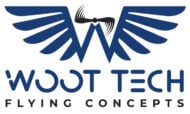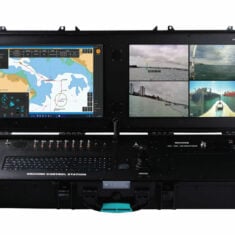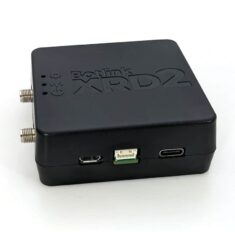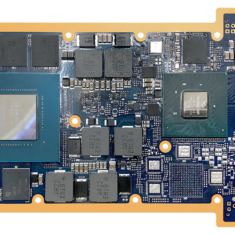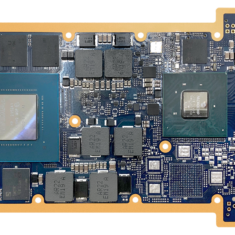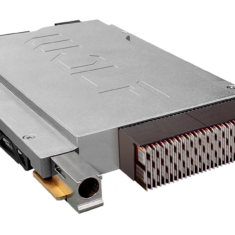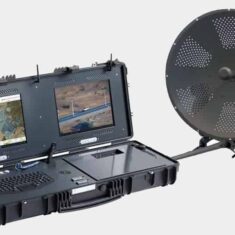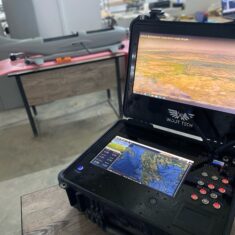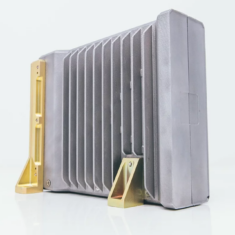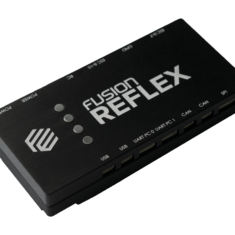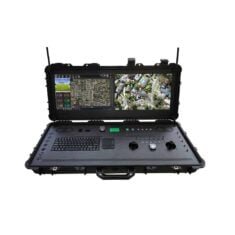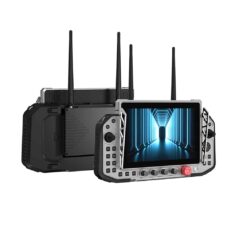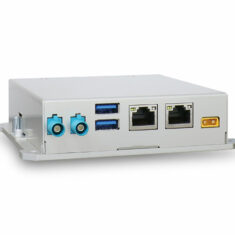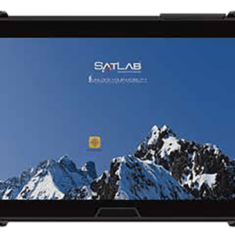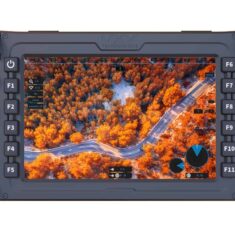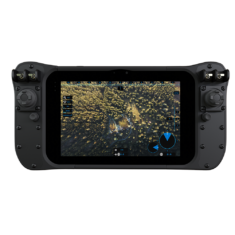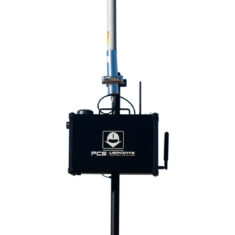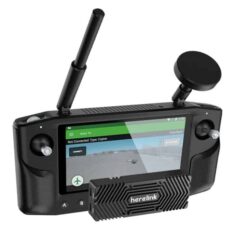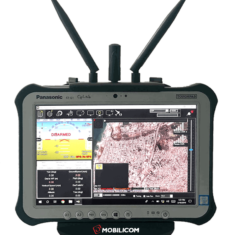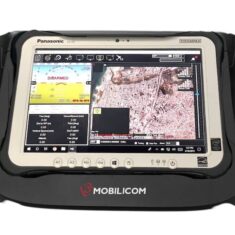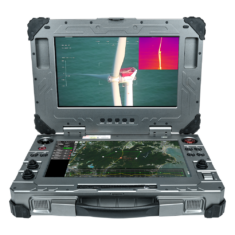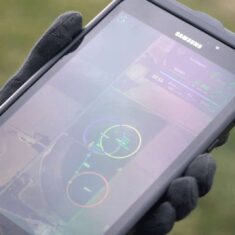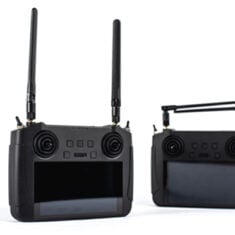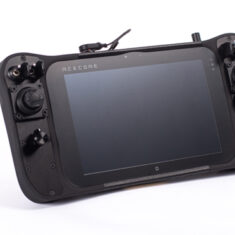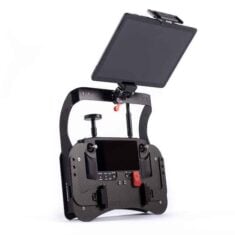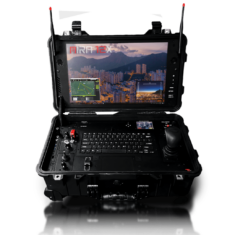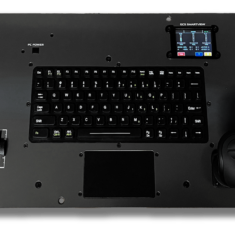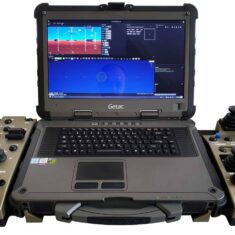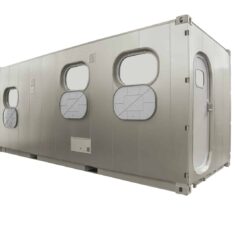Handheld Controllers for Drones & UAV
Handheld GCS (ground control stations) for UAVs (unmanned aerial vehicles) can be created by installing GCS software onto a standard smartphone or tablet, but more specialized platforms are available that have been designed as standalone pieces of hardware. These dedicated portable GCS may be based on an existing tablet or designed as unique embedded systems, and will usually run on a Windows, Android or Linux operating system. They are typically battery-operated to allow maximum portability.
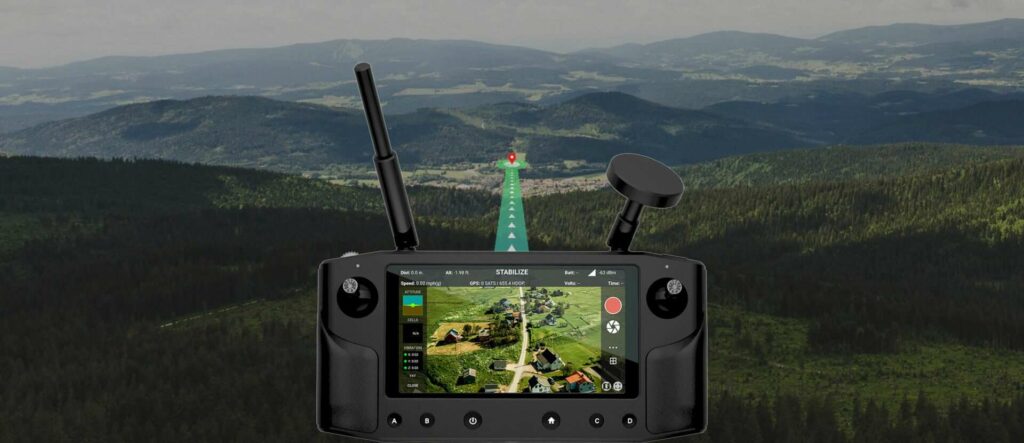
CubePilot’s HereLink UAV controller with HD video
Handheld GCS provide pilots with command and control (C2) of the drone, and also receive telemetry data as well as video feeds and outputs from other onboard sensors and payloads. They will usually be equipped with twin joysticks, as a HOTAS (hands on throttle and stick) setup is not feasible for a handheld UAV control, and a variety of switches and buttons. Drone remote control screens may be a touchscreen, and many screens are capable of displaying HD images and video.
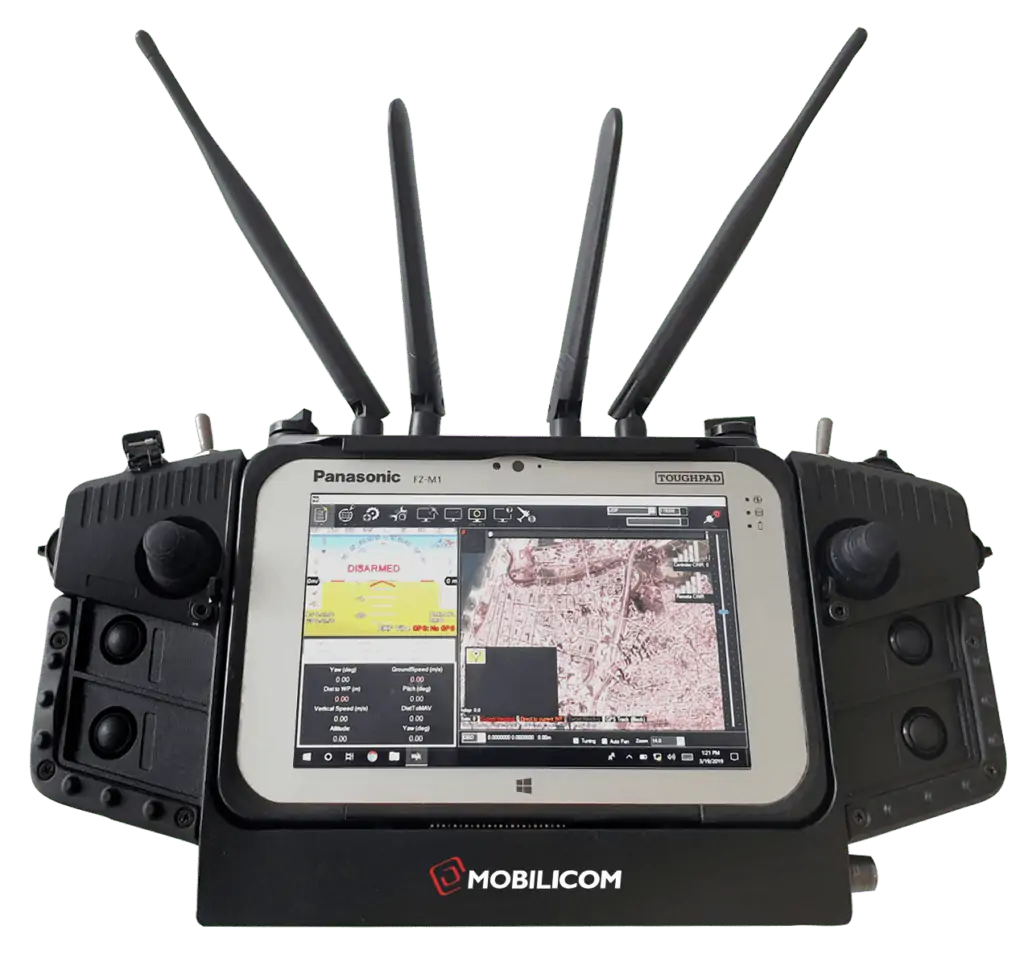
Mobilicom’s Mini-Controller Pro tactical UAV controller
Tactical UAV Remote Control
As portable GCS are often used outside and under a variety of conditions, handheld UAV controllers and GCS may be designed with a rugged construction that includes drop-proofing and IP-rated water and dust protection. Some parts may also be made from carbon fiber, which provides toughness as well as reducing the weight that must be carried by the operator. Tactical handheld GCS may also be designed to be used while wearing gloves.
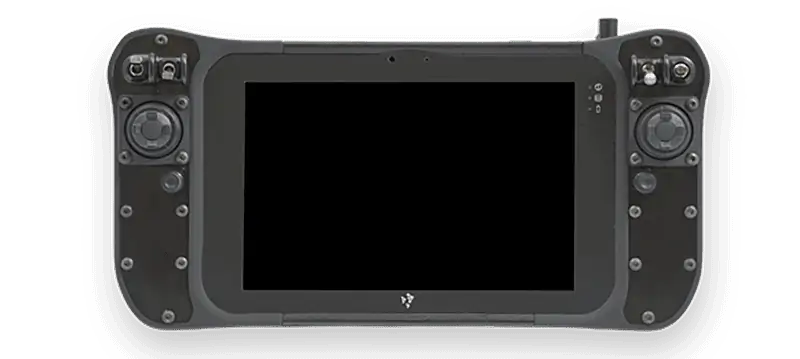
UXV Technologies’ Micronav rugged military-grade handheld GCS
Communications & Autopilot Systems
Handheld UAV controllers may communicate with the drone via radio frequency (RF), Wi-Fi, or LTE (3G/4G/5G). Communications modules may be fixed and built-in, or swappable to accommodate a range of types and models. Some modular handheld GCS also allow the interchange of directional and omnidirectional antennas, or may be able to accommodate a second screen.
The UAV controller may communicate with the drone via the widely-used MAVLink protocol, and may provide compatibility with common autopilot systems such as Pixhawk and Ardupilot.


















